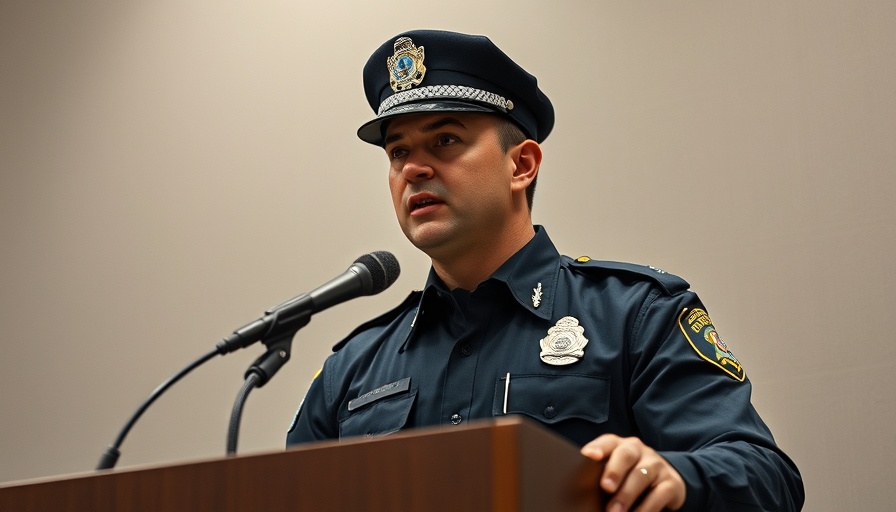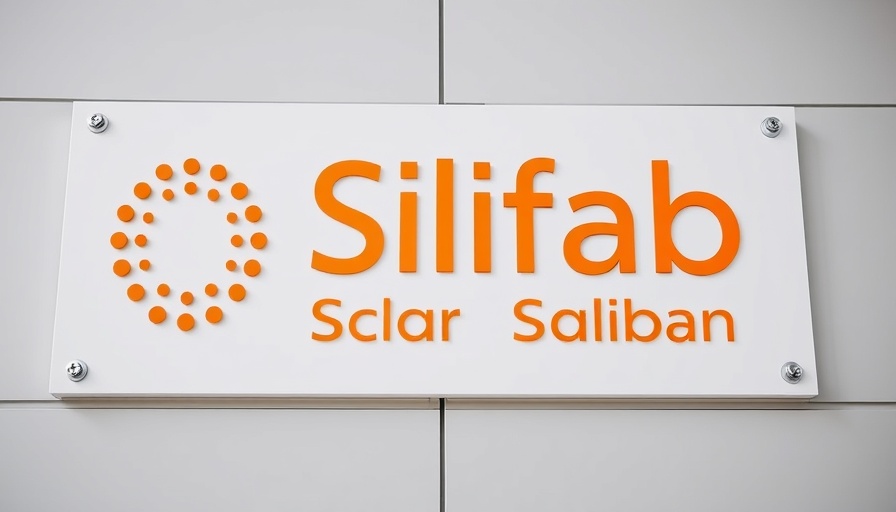
The Impact of Medicaid Cuts on Rural SC Hospitals
Across the United States, rural hospitals serve as crucial lifelines for communities, yet many struggle to maintain operations against rising costs and shrinking income. In South Carolina, these challenges are magnified by planned Medicaid cuts set to unfold under new federal legislation. As these reimbursements decrease, the very essence of rural healthcare delivery is at risk.
Understanding the Financial Strain on Rural Healthcare
Rural healthcare facilities, such as Lancaster Medical Center and Chester Medical Center, depend heavily on Medicaid to function. Scott Broome, the CEO of MUSC Health Catawba Division, voiced his concerns about the fiscal implications of the changes. With many rural hospitals already operating on thin margins, the cuts could endanger their ability to stay open and provide essential services to underserved populations.
Historical Context: The Maintaining of Rural Hospitals
Historically, rural hospitals have been the backbone of healthcare in their communities. They offer not only emergency services but also maternity care, outpatient services, and chronic illness management. The devastation of a rural hospital closing is profound, often leading to increased emergency room visits and impediments to preventative care. As Medicaid cutbacks loom, the fear among healthcare advocates is palpable.
Personal Stories that Showcase the Human Impact
The proposed cuts are not just numbers in a budget; they have real-life consequences for individuals and families. For many, these hospitals are often the only accessible health service, especially for vulnerable populations, such as seniors and those with chronic conditions. As financial pressures mount, discussions surrounding healthcare accessibility, especially in underserved areas like rural South Carolina, become imperative.
Future Predictions: What Lies Ahead for Rural Health?
Healthcare experts are sounding alarms about the long-term ramifications of continued funding cuts. With fewer resources, rural hospitals may be forced to reduce services or close entirely, leading to a higher burden on nearby urban hospitals. Without proactive measures and advocacy, many worry about a future where the healthcare landscape further deteriorates for rural citizens.
Taking Action: Advocating for Rural Healthcare
What can concerned citizens do in light of these changes? Engaging in local advocacy efforts is crucial. Community members can reach out to lawmakers, participate in public forums about healthcare policy, and develop grassroots campaigns to raise awareness regarding the importance of maintaining support for rural healthcare. By generating public interest and participation, lasting change can be achieved.
The implications of these Medicaid cuts are significant. In the fast-evolving landscape of Charlotte health news, staying informed is vital. Awareness translates into action, and communities can be on the front lines of advocating for their healthcare needs. It's essential to not only follow developments but contribute to a dialogue about public health in Charlotte and surrounding areas.
 Add Row
Add Row  Add
Add 




Write A Comment